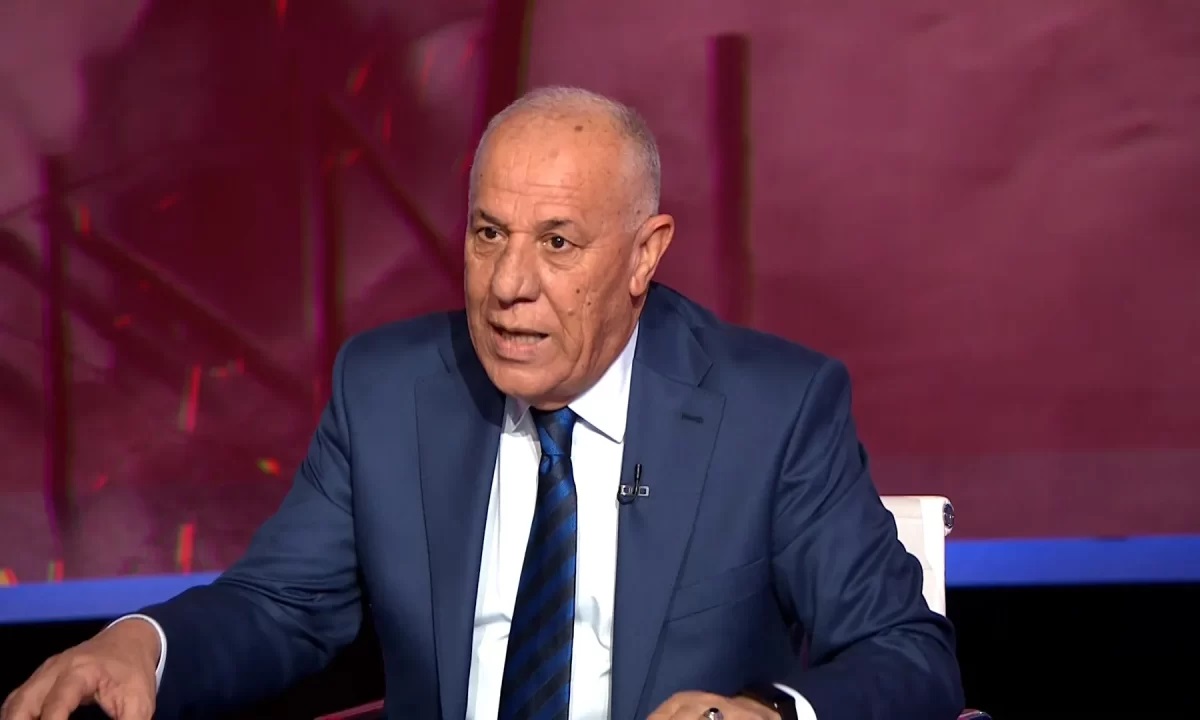Analysis of Major General Fayez al-Dweiri’s Remarks on the Iranian Attack on Israel

Watan-Military expert Major General Fayez al-Dweiri commented on the attack carried out by Iran on Israel in response to the bombing of its consulate in the Syrian capital, Damascus.
Al-Dweiri stated in remarks to Al Jazeera that the final assessment of the strike Iran directed at Israel is unclear due to conflicting official data from both sides, indicating that this attack has set new rules for deterrence and counter-deterrence.
He added that the extent and effectiveness of the Iranian strike are unclear so far, but Tehran seeks to establish new rules based on deterrence in response to deterrence, and that targeting Iranian territory will be met with targeting Israeli territory.
He pointed out that if the Israeli army’s claims about intercepting the majority of Iranian missiles and drones are true, this is due to Israel possessing numerous air defense systems.
He explained that the Iron Dome is designed to confront short-range missiles with ranges between 5 and 75 kilometers, as well as artillery shells, but it can also deal with cruise missiles when they are within its range.
He further clarified that the next step is to move to the David’s Sling system with medium range, then to the higher level which includes the “Patriot” and “Arrow-2” missiles, then “Arrow-3”, meaning that Israel has activated five levels of air defense including “Arrow-3” which is still under testing.
Activating all these defense systems may lead to intercepting 80% of the incoming threats, not 90% as Israel claims.
He noted that Iran did not use supersonic missiles in this strike, and it may reserve them for any future action if Israel responds to this attack.
كيف علق اللواء فايز الدويري على الرد الإيراني على إسرائيل؟#حرب_غزة #الأخبار pic.twitter.com/eGpOJmEcdM
— قناة الجزيرة (@AJArabic) April 14, 2024
Iran executes its attack on Israel
Iran launched its anticipated attack on Israel on Saturday evening in response to the bombing of its consulate in the Syrian capital, Damascus, at the beginning of April. Iran launched dozens of drones and missiles towards Israeli territory.
The Revolutionary Guard announced that it carried out an operation with drones and missiles in response to the bombing of the Iranian consulate in Syria, describing it as a “crime by the Zionist entity.”
The Revolutionary Guard stated that the operation was carried out with dozens of missiles and drones to hit specific targets in the occupied territories.
In this context, Iran stated that half of the missiles launched towards Israel successfully hit their targets, while the Israeli army claimed to have intercepted 99% of the drones and missiles targeting it.
Iran destroyed two important Israeli military sites
Iranian Revolutionary Guard Commander Major General Hussein Salami stated that Iranian missiles and drones managed to bypass Israeli air defenses, and confirmed that the Iranian attack led to the destruction of two important Israeli military sites.
Salami emphasized that the Iranian attack has ended and there is no desire to continue it, but his country will respond forcefully if Israel targets its interests, explaining that if Washington participates in any attack against Iran, its bases in the region will be targeted and will not be safe.
The Iranian Revolutionary Guard Commander also pointed out that Israel crossed red lines by targeting the Iranian consulate in Syria, and it was necessary to respond to it.
Israeli army claims to have thwarted the Iranian attack
On the other hand, the Israeli army claimed to have thwarted the Iranian attack, alleging to have intercepted 99% of the drones and missiles targeting Israel, describing it as “a significant strategic achievement.”
The army explained in a statement that Iran “launched more than 300 threats of various types, including ballistic missiles, drones, and cruise missiles.”
It confirmed that out of more than 120 ballistic missiles, a very small number crossed the Israeli borders, with one falling in an air force base in Neve Zuf (in the south) causing minor damage to a facility, according to their statement.






